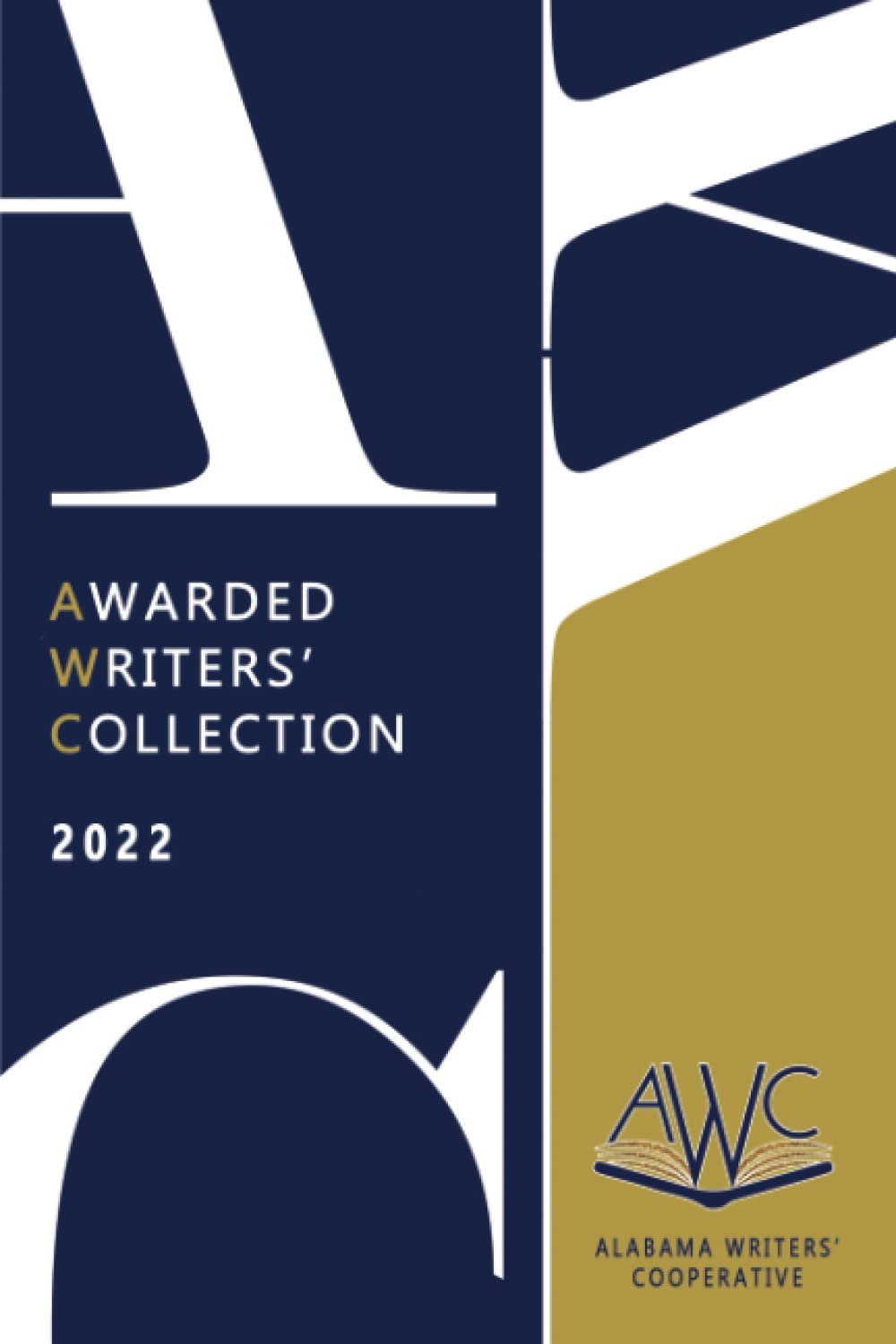THINKING ABOUT POETRY: A CLOSE EXAMINATION OF ELEMENTS OF CRAFT
By: SUE WALKER
Take a look at poem you have written or that someone else has written with an ear and eye directed toward revision.
1. MEANING: Can you – as a reader – write a brief paraphrase of the poem? What is the poem saying? If you were to write a letter to the poet about her / his poem, what would you say is the general gist of the poem?
I want to mention a book that seem relevant to the above. The first is an older book published in 1959 entitled HOW DOES A POEM MEAN buy John Ciardi. How who is John Anthony Ciardi (June 24, 1916 – March 30, 1986) was an American poet, translator known for his translation of Dante’s Divine Comedy. He wrote several volumes of children’s poetry and was a columnist for the Saturday Review. He was a poetry editor and directed the Bread Loaf Writers’ Conference in Vermont. This is, I believe, an essential book for learning how the elements of a poem work. Here is a quote from Chapter 1: “The human-insight of the poem, and the technicalities of the poetic devices are inseparable. Each feeds the other. This interplay is the poem’s meaning, a matter not of WHAT IT MEANS (nobody can say entirely what a good poem means) but HOW IT MEANS.
An aside here: Negative Capability Press in 1886 published a festschrift on Richard Eberhart. One of the contributors was John Ciardi who introduced Dick Eberhard at a reading he gave at Rutgers. “I think I offended him,” Ciardi said. “Eberhart has never written a so-so poem. He’s either breath-takingly magnificent or he is lousy. Let me beg him as my dear friend and as an old admiration to fix or ‘breath-takingly magnificent.”
2. TITLE: Ah yes – the title. Does it make you want to read on? Does the title intrigue you? Does the title indicate something of importance? Does the title itself do any work? I like what Ken Craft (born 1967), cartoonist-story teller said about the importance of a poem’s title: “When unlocking a poem’s meaning, titles are one of the first ‘must considers’ of your process.” I like my title to be the last thing I attend to. I look back through possible lines that occurred in the poem and write several possible titles before choosing the one that ultimately heads the article, poem, or story.
3. HISTORY: Is there any indication of something that has happened before the poem begins? Is there some history, some antecedent scenario? Does the reader need to know this? What does the writer reveal of what happened prior to the matter of the poem? Emily Dickinson wrote a poem entitled: “Yesterday is History” in which she says:
Yesterday is History,
‘Tis so far away—
Yesterday is Poetry—
‘Tis Philosophy—
And Carol Ann Duffy’s poem “History” presents a past that if rife with the matter of men. She tells History from the woman’s perspective—the woman as witness. One of my favorite quotes is that of T.S. Eliot (1888-1965): “Time present and time past are both perhaps present in time future. And time future contained in time past.” I am thinking of how the writer handles the yesterday, thinking of Proust’s Remembrance of Things Past. (Swann’s Way—the first book) Ah, that madeleine moment when the scent of something brings back a moment. And how does the writer shape memory. A useful book is Sven Birkerts, The Art Of Time In Memoir: Then Again. There might well be a reading list for each of these sections on KIND / GENRE: What kind of poem are you reading / responding to? Sonnet (What kind? Shakespearean, Petrarchan? Spenserian? Miltonic?) Sestina? Villanelle? Ode? Free Verse? Prose poem? Hybrid? My writing class at the Mobile Botanical Gardens in Mobile, Alabama have recently gone, alphabetically, through Forms from A-Z.
4. MAKE-UP: What is the poems design / make-up? Does it have stanzas, or does it exist as a whole? How many parts does the poem have? Where do the breaks come? Does one stanza link with another stanza or exist an entity in and of itself? What change or changes exist because the poem is divided into specific parts? Look for single words that stand out. What about single words on a single line? Why is a single word emphasized? Are words set apart on a line? What about spaces? What use does space serve? As of January 12, 2023, the U.S. Poet Laureate is Ada Limón. Take a look at her poem, “Power Lines” in the summer issue of the Paris Review: https://theparisreview.org/poetry/7787/power-lines-ada-limon. The poem is written in couplets with an alternating single line: The poem begins thus:
Three guys in fluorescent vests are taking down
a tree along my neighbor’s fence line, which is of course,
my fence line, with my two round-eyed snakes and my wandering (and another couple follows with racoon. (period.)
Note the spacing, the enjambment, and the period after “racoon” at the beginning of stanza 3. (In addition to being U.S. Poet Laureate, Limón is the author of five books of poetry and the recipient of National Book Critics Circle Award for The Carrying.
5. SHAPE: Is the shape of the poem relevant? Look at the line length. Is the poem written in long lines that extend almost the length of the page? Is the poem composed of short lines? Does it matter that this is so? I want to mention Concrete Poetry – poems that present a particular shape such as an Apple. Google, if you will, Lewis Carroll’s The Mouse’s Tale” in Alice’s Adventures in Wonderland and “Easter Wings” by George Herbert.
6. DICTION: What would you say about diction? Is the poem written with dialect? Are certain parts of speech emphasized? What about tense – first, second, third tense? XYV – Examine your verbs. How many “to be” verbs exist in the poem? Could any of them be more dynamic / dramatic? What if the line read: “The child is going across the street.” Could “is” be replaced by a more telling verb such as: The child ambles / races / dashes / stumbles/ limps / etc. I believe there are seven editions of On Writing Well by William Zinsser (Oct 7, 1922-May 12. 2015. The New York Times said this book belongs on any shelf of serious reference works for writers.”
7. PUNCTUATION: Take a look at your em dashes, at your semicolons, your capitalization, etc. We are not Emily Dickinson, nor are we E.E. Cummings.
8. AT THE END: And now, look at your end words. The eye pauses there though briefly. Do you really want “a” at the end of the line? What about a conjunction there? I recommend James Longenbach’s The Art Of the Poetic Line. He examines metered lines, syllabic lines, and free verse lines.
9. TONE: What emotion is revealed in the poem? Is there a change in the narrator’s voice? Who will tell what?
10. SOUND: The sound units of a poem are its syllables. The word “melodramatic” has five sounds. Readers become aware of sounds when two end-words rhyme, but poets could also pay attention to the rhythm and sounds in their lines just as they are of the words that end the lines of a poem. Please check out Robert Pinsky’s The Sounds Of Poetry: A Brief Guide.
11. SYNTAX: The arrangement of words and phrases. What difference does it make if we say: “the mad woman in the attic” or the woman mad in the attic? And what about a series of prepositional phrases? Is it too much to say that in a poem every word matters – and the placement of that word matters – especially if it exists on a line by itself? Ellen Bryant Voight has a book entitled The Art Of Syntax. Sound and syntax hold hands.
12. AGENCY AND SPEECH ACTS: Who is the main agent in the poem? Does the main agent change as the poem progresses> Can you imagine the poem written in a different person? What about the use of first person, “I”? What about the use of “you?” What about s/he and it? Just because the poem is written in first person, we should not assume that the “I” is the poet.
13. WHAT IS MISSING? Can you imagine the poem without a certain stanza or line? Could the parts of the poem be rearranged? Why do you think the poet would want certain lines and stanzas in the position in which they appear? What if the last line of the poem were the first line of the poem? What if the last stanza were the first?
14. WHAT STANDS OUT? With the poem no longer before you, what do you remember that stands out for you about the poem? What stands out about how it is written? What is striking? What is memorable – in content, in genre, in analogies, in rhythm, the speaker?
15. WORD ROOTS: Certain words from words in earlier / other languages – Greek, Anglo-Saxon, Latin. Are there particular root words that occur in the poem? Are other languages featured in a striking way?
16. CONNECTIONS / RELATIONSHIPS: Every word in a poem enters into a relationship with the words around it and with other words in the poem. Is something going on that comes to mind because of the constellations of certain words.
Thematic relationship: For example – stars and sky may appear in a certain relationship.
Gender relationship: Think about this:
I asked my uncle if it was okay to be melodramatic
And he said, “yes.”
Phonemic relationship: What words are connected by their initial s’s or st’s – i.e. – stage and stars and stand, etc. What is the use of anaphora?
Syntactic relationship – as “When I consider”. And “When I perceive” may introduce dependent clauses.
17. SENTENCES: This is reflecting on some things have already been said. Subjects and predicates as well tenses have their sway. Who is saying what to whom?
18. IMPLICATIONS: Because a poem suggest, not expatiates, it requires the writer to supply the concrete instances for each of its suggestions. Thus, a poet may peak abstractly, but reader is called upon to think concretely. Implications may be present in rhythm as well as in word
19. SPEAKER: For the writer, this is often an important choice. Examine the facts of identity in the poem and how these may offer varying views of the world of the poem.
20. ATTITUDES, JUDGEMENTS, VALUES: What values are suggested in the poem. Is a judgement being made? Can you separate the personal from the author> Just because the poem affirms a person’s right to die doesn’t necessarily believe that this point of view is held by the poet.
21. IMAGES: A word isn’t necessarily a picture. Words refer. Images represent.
22. THE SENSES: What in your poem is related to Sight, to Scent (smell), Taste, Touch, and Sound (hearing). When I was working on a book about the Mobile-Tensaw Delta, I would try to name the sounds I heard when walking along the E.O. Wilson Boardwalk. I would google Swallow Tailed Kite – or Blackbird, etc. and determine if I could write their particular sound. I could google the bird – and my dog would come running; “Where is it?” she would look around. “It must be somewhere, I heard it!” The late Pat Schneider would bring a collection of things to describe – a cotton ball, a pinecone, sandpaper, a piece of modeling clay, smooth stones. And yes, I know, this goes under Sound.
23. PAT SCHNEIDER: My favorite book on writing and teaching writing and on the Workshops is Writing Along and With Others.

















